Program Path: Healthcare
Are you interested in the medical industry but don’t want to manage patient care? Consider becoming a medical billing and coding specialist? Careers in the healthcare industry offer flexible schedules, […]
Program Path: Healthcare
Are you interested in traveling Florida as a traveling nurse? There are many opportunities for traveling nurses because of the demand for healthcare professionals. According to Avant Healthcare Professionals, there […]


Program Path: Healthcare
Did you know that you can become a registered nurse (RN) or a licensed practical nurse (LPN) in two years or less depending on how much time you can commit […]
Call Us Today or Complete The Form at the Top of The Page to Take the Next Step Toward Your New Career!

Gwinnett
Colleges & Institute
Gwinnett Colleges and Institute cannot guarantee employment or a minimum starting salary upon graduation; however, placement assistance is available upon successfully completing the selected program.
For state authorization and accreditation information, please refer to the location page associated with the campus you are interested in.
Disclosures and Catalogs
For Consumer Information, Disclosures, and Course Catalogs, please click the above link.
Sources and related content